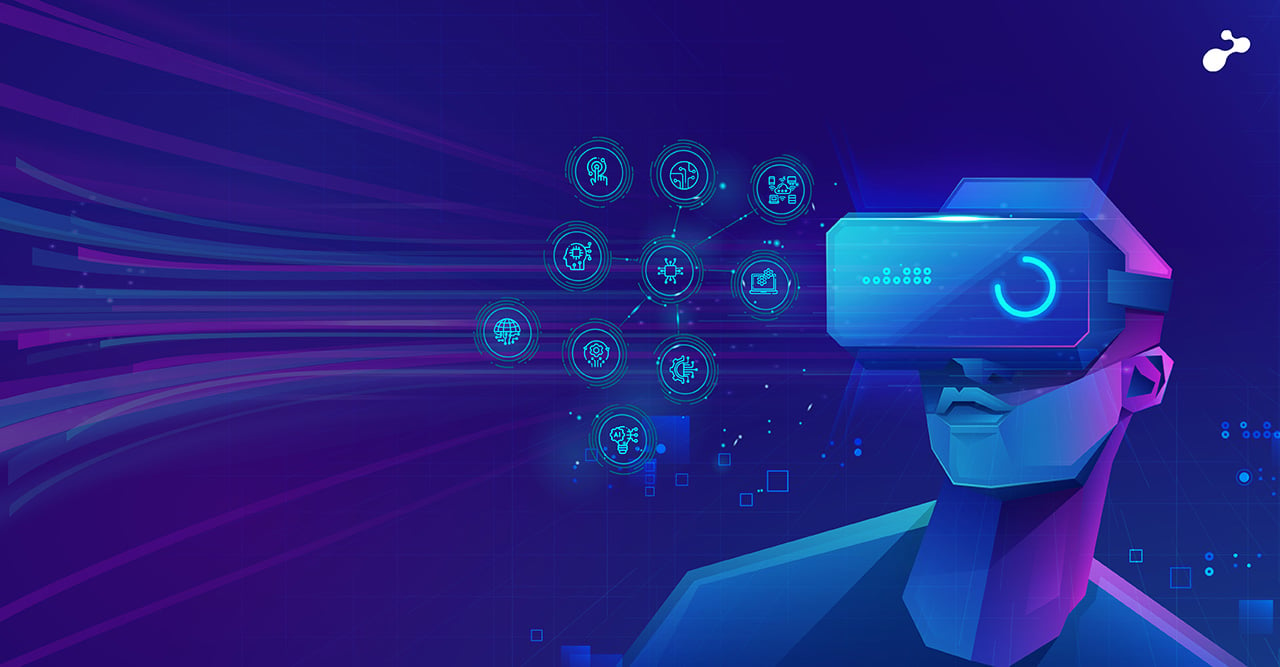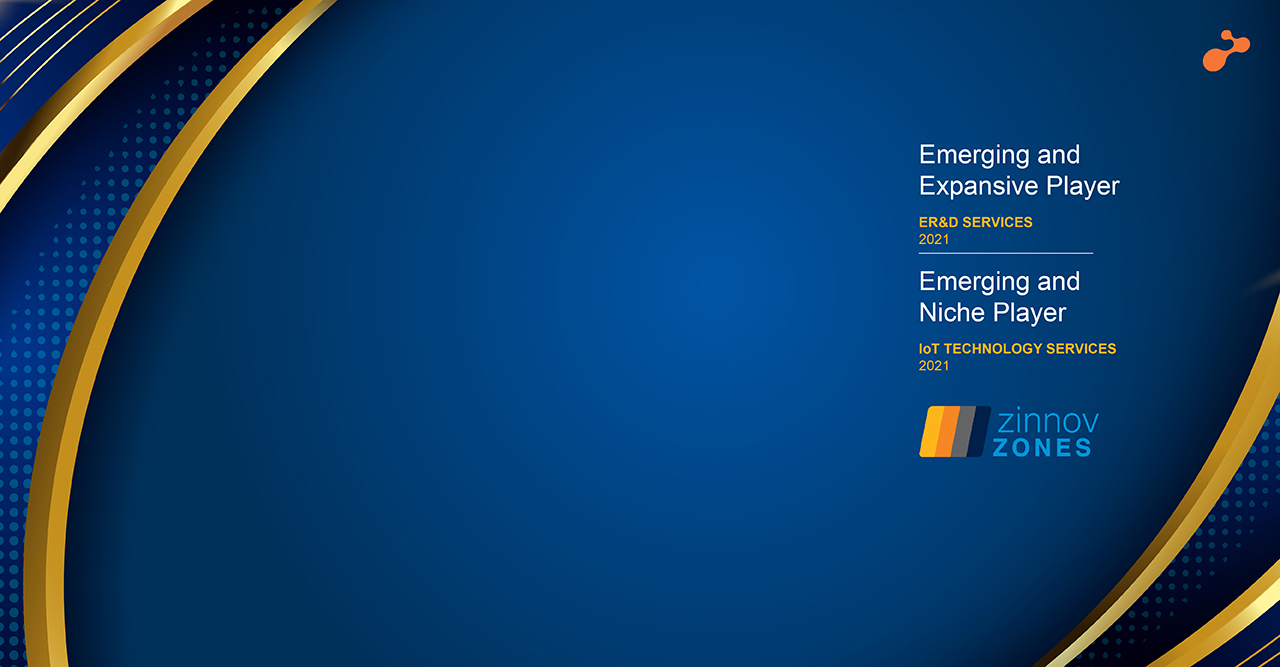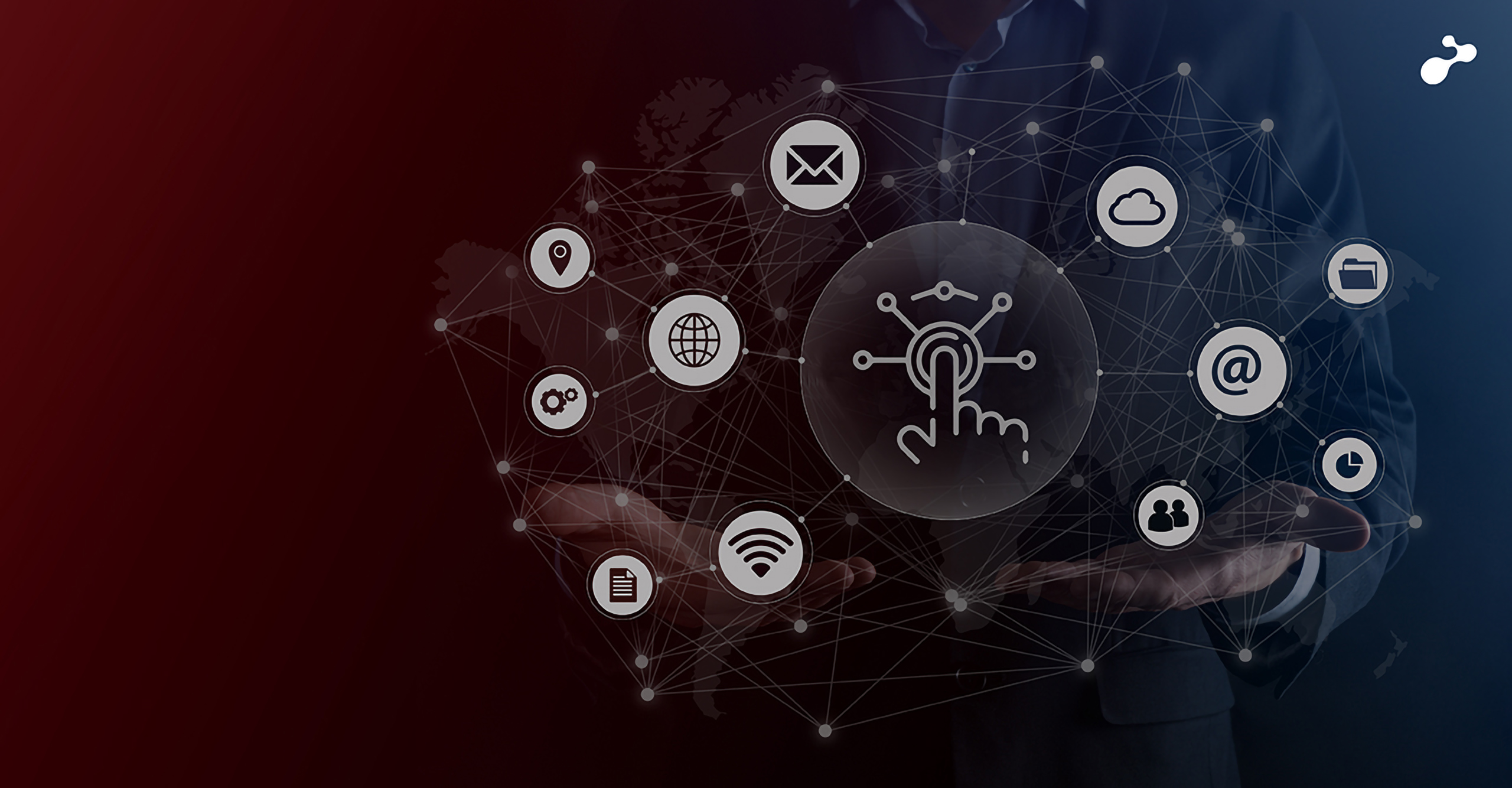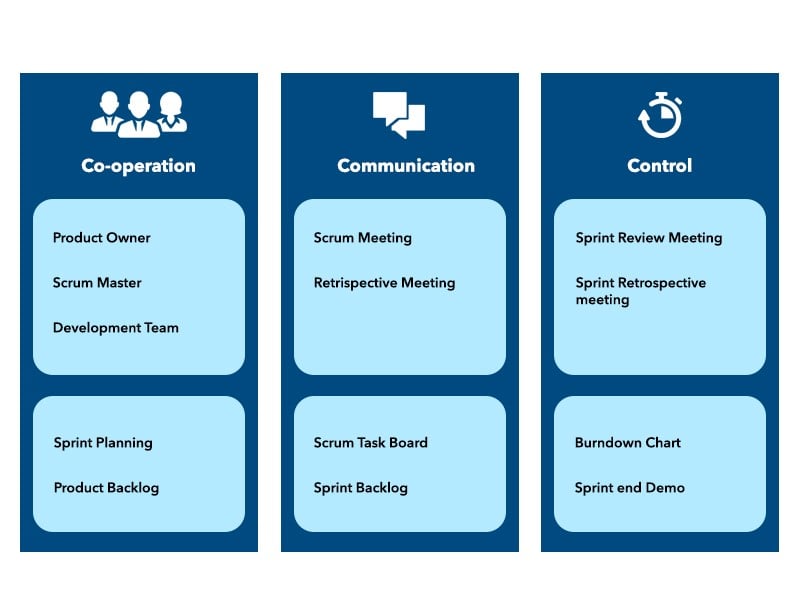The Internet, as defined by the Oxford dictionary, is a global computer network providing a variety of information and communication facilities, consisting of interconnected networks using standardized communication protocols. The human race has exceptionally benefited from this great invention.
Moving forward, the next big thing everybody is looking forward to is the “Internet of Things” (IoT). As the name suggests it’s a network of things, wherein things can be any smart device which can communicate with another smart device. And these devices can be anything, either mounted on living beings or non-living objects, around us. It could be a heart monitor implant fitted in a person or a car with necessary built-in sensors or any natural or man-made thing that can be assigned an IP-address that can transfer data over the network.
Imagine your mobile talking to your washing machine and washing machine messaging the laundry service to request a pick up for washed clothes to be ironed. All are connected through your home’s WiFi connection. Connecting machines together is surely going to make things easier, faster and accessible. A game changer in the way things are managed today.
IoT is going to reduce the man power dependencies to a great extent. There are many protocols these smart devices use to connect and communicate viz., WiFi, Bluetooth, ANT, ZigBee, Z-wave technology etc. The connectivity options and wide range of electronic devices can result in unlimited probabilities towards making human life easier.
And its not only the household or manufacturing sector that can be improved with IoT. Healthcare is also one major field where IoT can make a huge difference. Researchers have already started developing a pressure sensor that, once surgically implanted in your eye, allows you to monitor your glaucoma levels using your smartphone’s camera, an innovation that can control the second leading cause of blindness.
An interesting trend observed in the hardware market in the last few years has been the dip in PC sales and multifold increase in mobile devices. The mobile data traffic has also increase eight fold in last few years. Undoubtably, mobile is now the centerpiece for communication, information and entertainment (or may I say LIFE). The wireless M2M market is expected to reach $136 billion by 2018 making mobile one of the most important components in the IoT ecosystem. Mobile can help us control, communicate and co-exist in this ecosystem with a single click, on the go.
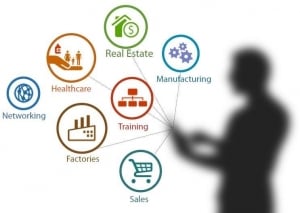
With so much traction in the field, there are already efforts started by all big IT giants to establish a standard for the emerging Internet of Things. Google's "The Physical Web", Open Interconnect Consortium (announced by Intel), AllJoyn (open source project of the AllSeen Alliance which includes Cisco, Microsoft, LG, and HTC), and Thread are some of the leading IoT standards and protocols and standards bodies in formation.
Many organizations have started investing and developing tools for IoT analytics. The use of such tools can be as simple as analyzing which juice is most liked by people. What is the amount of juice a user consumes in a single serving? There could be huge data that can be analyzed and reported. With trillions of smart devices coming in the near future it’s difficult to guess how big that data would be. What other than the ubiquitous mobile can be an alternative option to get all this data on the go? Looking at the scale and impact on the world, IoT will be the next big thing along with mobile. It will touch every facet of technology to make the most of the possibilities that we have with IoT. Is that what the mobile revolution will lead us to? Will mobile be the stepping stone for IoT success? Will mobile be center of the phenomenon, IoT, that we will witness in the future?
YES, I definitely believe so!


%20V5-05.jpg)
